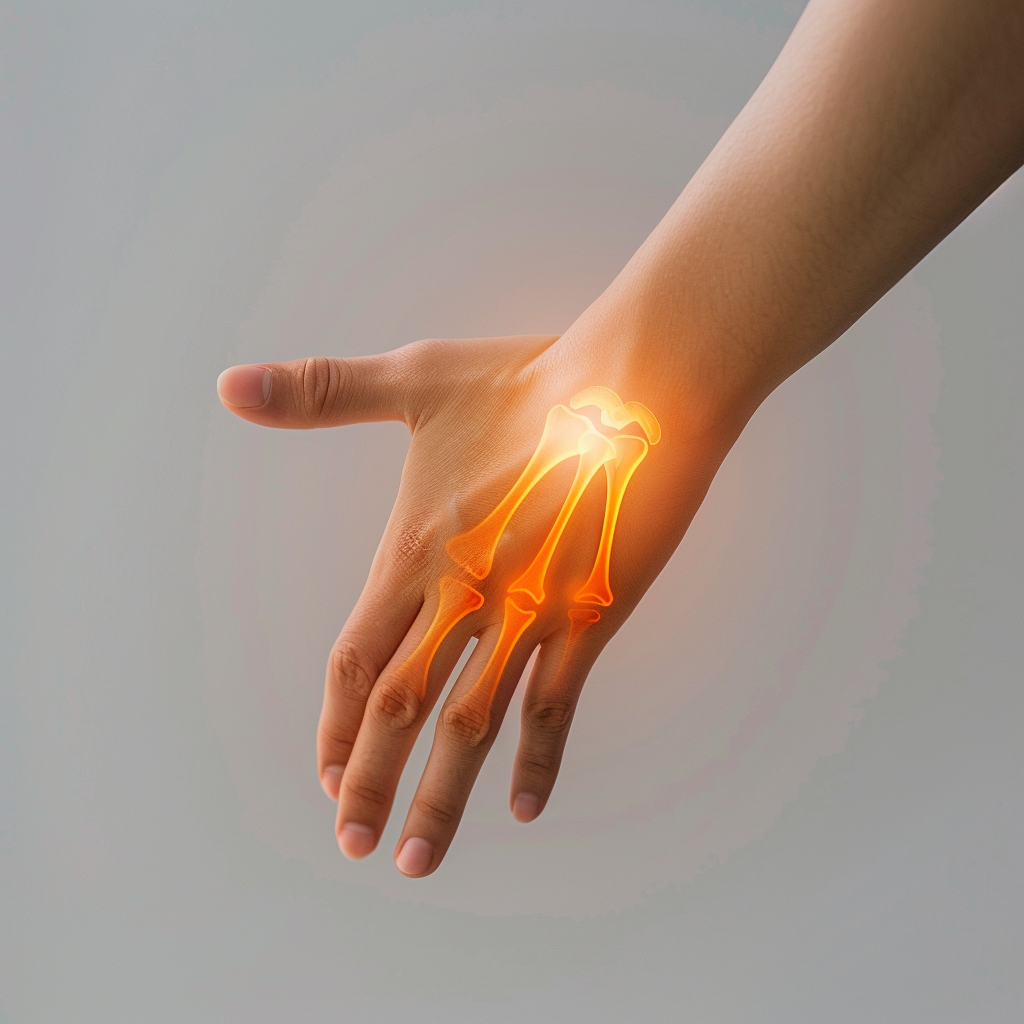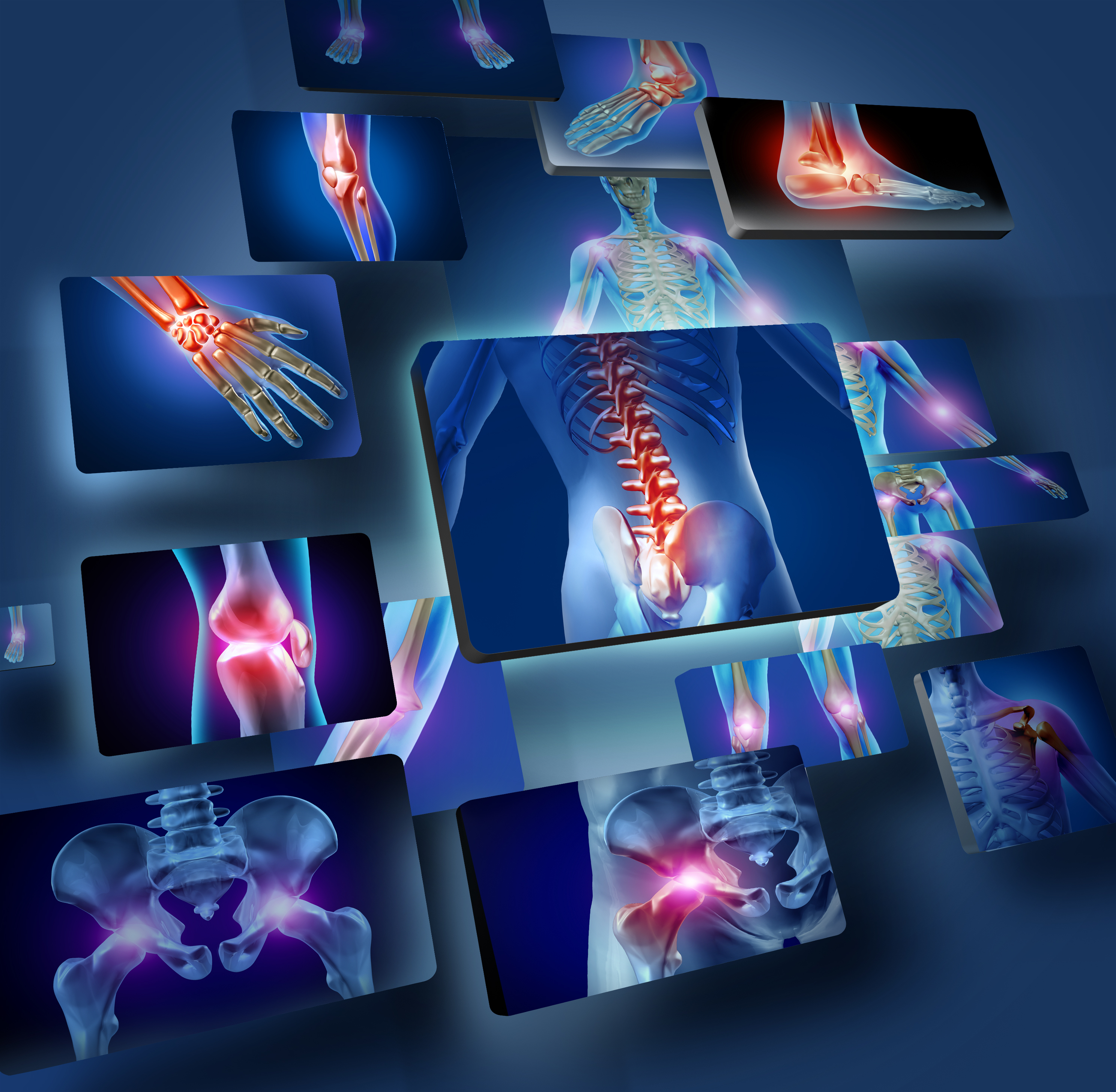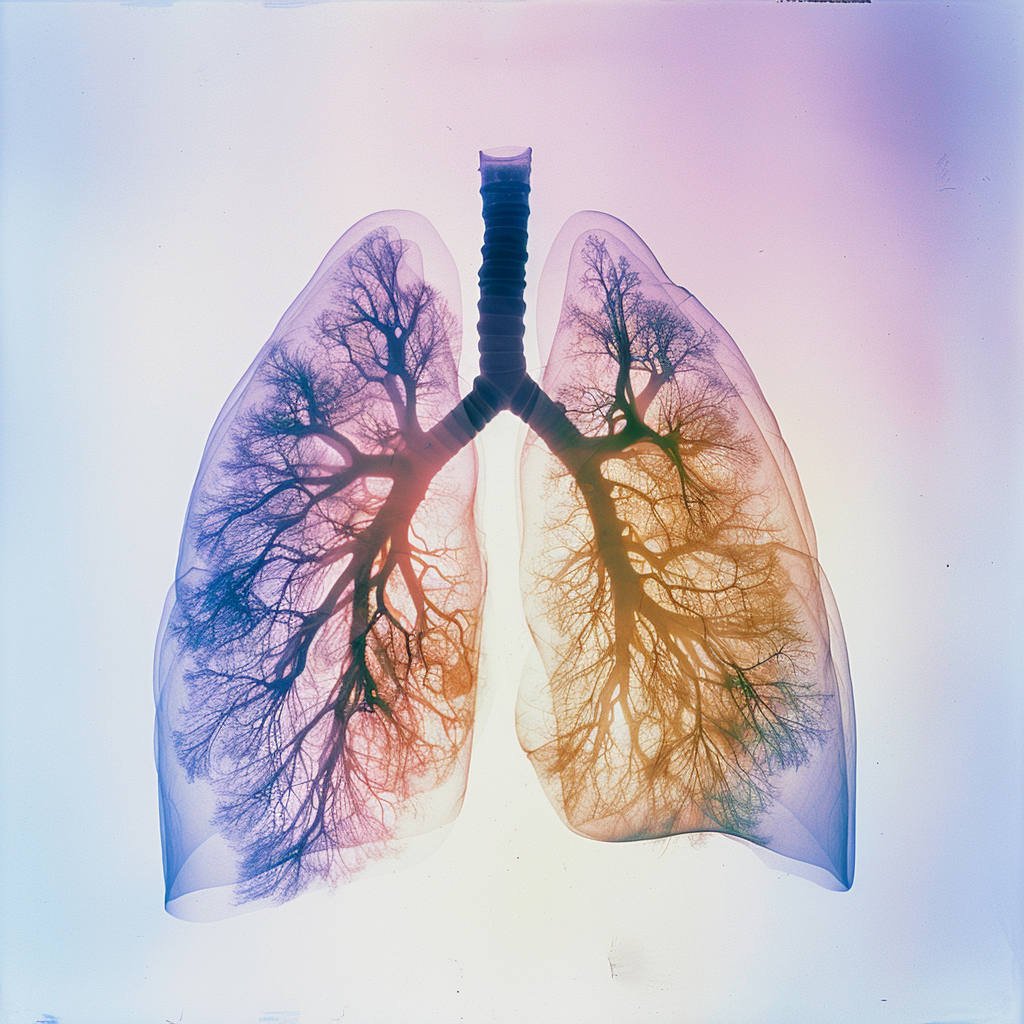قداسة مكة .. رسالة الطب ..إتقان الخدمة

What is rheumatoid arthritis?
• Rheumatoid arthritis is a disease that causes pain, swelling, and stiffness in
the joints. It is one of many different types of arthritis. Doctors do not know
what causes it. But they do know that it happens when the body's infection-
fighting system, called the immune system, "attacks" the joints.
How can I tell whether I have rheumatoid arthritis or another type of
arthritis?
• You cannot tell. Only a doctor or nurse can tell you that. But there are some
clues to look for. For instance, rheumatoid arthritis usually starts by affecting
the small joints in the fingers.
• the balls of the feet, and the wrists. It usually
affects both the left and the right side at the
same time. (Other types of arthritis tend to
first affect larger joints, like the knees or hips.
And they might affect 1 side much more than
the other.
What happens as rheumatoid arthritis gets
worse?
• Even though it might start in the fingers and toes, rheumatoid arthritis can
affect any of the joints. Sometimes it damages the joints forever. Plus,
rheumatoid arthritis can cause problems in other parts of the body, such as
the heart, lungs, or eyes. Doctors and nurses have no way of knowing which
people will get which symptoms or how bad the symptoms will get.
Get treated early for rheumatoid arthritis
• If your doctor or nurse tells you that you have rheumatoid arthritis, start
treatment right away. Do not wait until your symptoms get worse. Getting
treated early can help prevent a lot of the damage the disease can do to your
body.
What are the treatments for rheumatoid arthritis?
• There are dozens of medicines for rheumatoid arthritis. The right one for you
will depend on:
o How bad your symptoms are
o How many of your joints are affected
o How your disease has changed over time
o What side effects you feel with the medicines you try
o What your X-rays look like
o The results of certain blood tests.
• In general, the treatment options include:
o Medicines called "nonsteroidal antiinflammatory drugs," also known
as "NSAIDs"
o Medicines called steroids
o Medicines called "disease modifying antirheumatic drugs," also known
as "DMARDs" .
• People who have severe pain that does not get better with the medicines listed
above sometimes get opioid pain medicines. But this is not usually necessary.
Also, unlike the other medicines used for rheumatoid arthritis, opioids do not
help with inflammation or joint damage.
Is there anything I can do on my own to feel better?
• Yes. It is very important that you stay active. You might want to avoid being
active because you are in pain. But that can make things worse. It will make
your muscles weak and your joints stiffer than they already are. A physical
therapist can help you figure out which exercises will do the most good. An
occupational therapist can help you figure out how to keep doing the
everyday tasks you need to do – even with arthritis.
• Another thing you can do to on your own is to eat a healthy diet. People with
rheumatoid arthritis are at risk for heart disease, so avoid fatty foods. Instead,
eats lots of fruits and vegetables.
What if I want to get pregnant?
• If you want to get pregnant, talk to your doctor or nurse about it before you
start trying. Some of the medicines used to treat rheumatoid arthritis are not
safe for a baby, so you might need to switch medicines before you get
pregnant. Plus, there are things you should do to help prevent problems
during the pregnancy. The symptoms of rheumatoid arthritis often get a lot
better during pregnancy. But they can get worse again after the baby is born.


